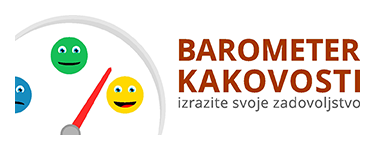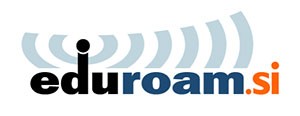Presentation of the project
Project CL-BVET: EDUCATION AND TRAINING FOR COLLABORATIVE LEARNING IN BLENDED LEARNING ENVIRONMENTS
Through professional training of educational staff, up-to-date educational and professional programmes and implementation in blended learning environments, we encourage and support innovation, development and use of digital production technologies among students, teachers and adults with the aim of accelerating economic and general development in partner countries.
On this platform, we publish and exchange existing and new short programmes for the acquisition of new competences. After successfully completing the programs, participants can obtain the Open Badge.
GOALS
1. Developing collaborative learning programs in blended environments with Open Badge.
2. Setting up a portal for implementing collaborative learning programs in blended learning environments and
issuing the Open Badge.
3. Designing a new vocational education program -
"Management and implementation of industrial programmable logic controllers (PLC)"
4. Increasing the capacity of VET providers and VET teachers and leaders.
5. Piloting and establishment of sustainable cooperation.
6. The double transition of green and digital.
THE PROJECT LASTS: from 1st January 2025 until 31st December 2027
PROJECT PARTNERS
Šolski center Novo mesto, Slovenija - leading partner
Euroskill, mednarodno izobrazevanje za mlade, d.o.o., Slovenija - partner
Srednja strukovna škola Velika Gorica, Croatia - partner
Tehnička skola Gradiška, Bosnia and Herzegovina - partner
Centar za obrazovanje odraslih Banja Luka, Bosnia and Herzegovina - partner
Srednja stručna škola - Pljevlja, Montenegro - partner
Inovaciono preduzetnički centar Tehnopolis Nikšić, Montenegro - partner
Center Republike Slovenije za poklicno izobraževanje, Slovenija - associated partner
Centar za stručno obrazovanje, Montenegro - Associated partner
WEBSITE: https://www.cl-bvet.eu
“Co-funded by the European Union. Views and opinions expressed are however those of the author(s) only and do not necessarily reflect those of the European Union or EACEA. Neither the European Union nor the granting authority can be held responsible for them.”





